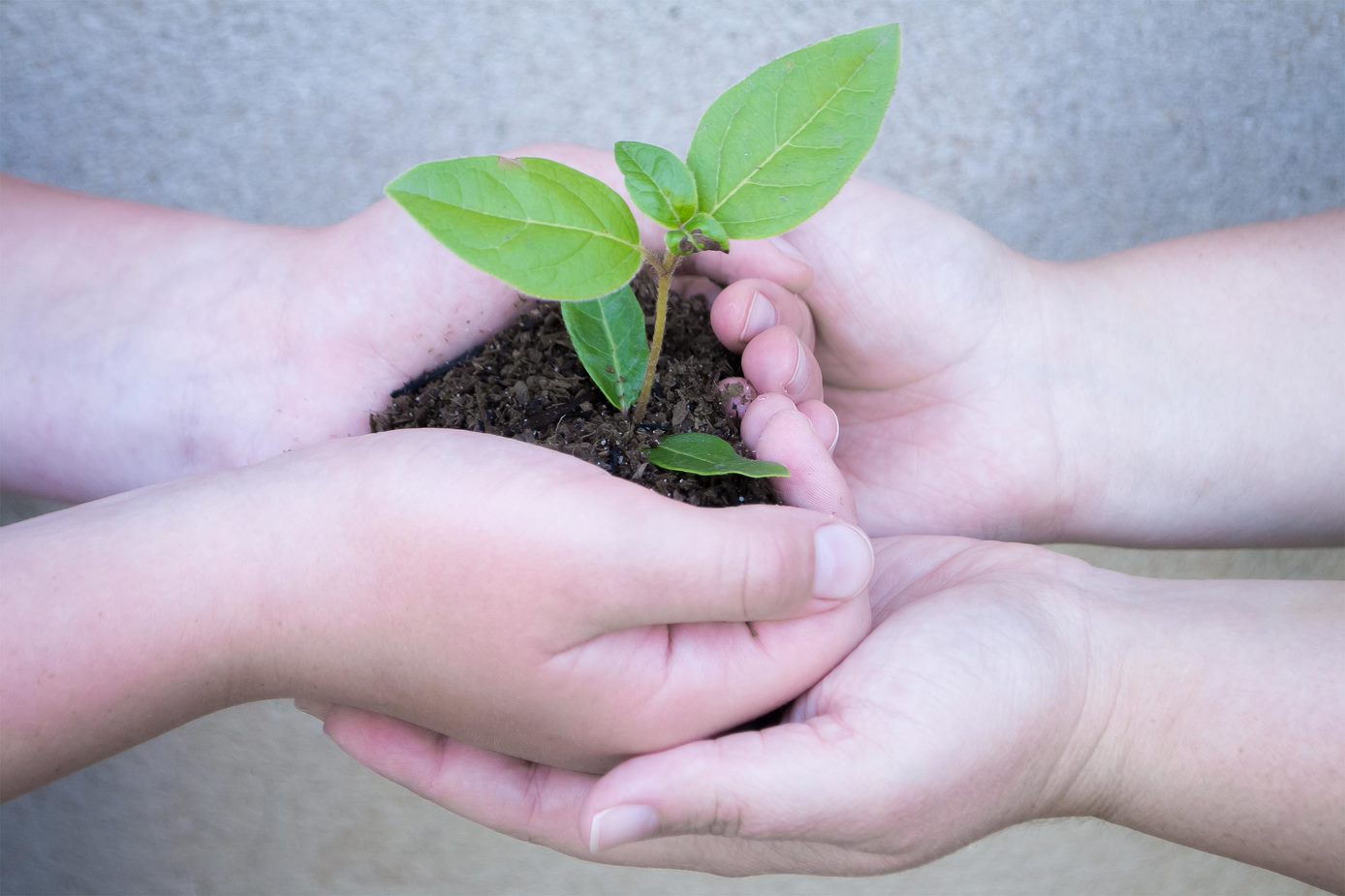Integrating sustainability: examples from the School of Agricultural, Environmental and Veterinary Sciences.

For my very first spotlight article, I would like to celebrate the outstanding and ongoing efforts of our learning and teaching staff to integrate the University’s Sustainable Practices Graduate Learning Outcomes into our subjects and courses. Not only do our efforts enhance the learning experiences of our students and equip them with the skills they need to solve future global challenges, but they also help to position Charles Sturt as an industry leader for equipping students with capabilities in sustainability.
There are many impressive examples across our institution of academic staff leading the way with respect to the inclusion of Sustainable Practices in subject design and delivery, and I would like to share two from the School of Agricultural, Environmental and Veterinary Sciences.
In the subject AGS237 – Property Planning and Development – Senior Lecturer in Precision Agriculture and Spatial Science Dr Remy Dehaan challenges students to consider how they would develop a sustainable agricultural enterprise and then asks them to create a rationale and major goals for their enterprise. Next, students create a property audit where they identify and analyse key issues, such as natural resource degradation and conservation, resource inefficiencies, and farm biosecurity risks. For part of their final assessment, students develop a ‘Plan for the Future’ where they build upon their previous sustainability goals to create an overarching vision and set of goals for the agriculture enterprise spanning the next 5 to 10 years.
Another example is the subject AGR202 – Food, Environment and Culture – in which Lecturer in Environment and Agriculture Celia Connor applies a range of learning activities to challenge students to think more holistically about issues that connect how students view land and water in the context of agriculture and the environment.
All the subject’s assessment items include sustainability as a key component. From reflective journals, to oral presentations, blogs and written assessment tasks, Celia has reimagined the subject to ensure sustainable practices are embedded in student learning experiences. Some of the topics students explore and tackle include the inter-relationship between cultural, environmental, social and economic sustainability, the issues that arise from climate change for global sustainability and Australian agriculture, and the potential of First Nations cultural inclusivity for the future of sustainable agricultural practice. This semester the subject is being taught by Dr Wes Ward who is enjoying the challenge of continuing and adding to the sustainability values and outcomes Celia initially instilled in the subject.
More information about our Graduate Learning Outcomes is available on the DLT website, our Sustainable Practices Resource Hub, on our Current Students Portal. Our Course and Subject Design (Coursework) Procedure outlines our commitment to the Graduate Learning Outcomes, at Section 4 (9-11).
Visit the Sustainability at Charles Sturt website to learn more about how Charles Sturt is creating a sustainable future for all.
Professor John Germov